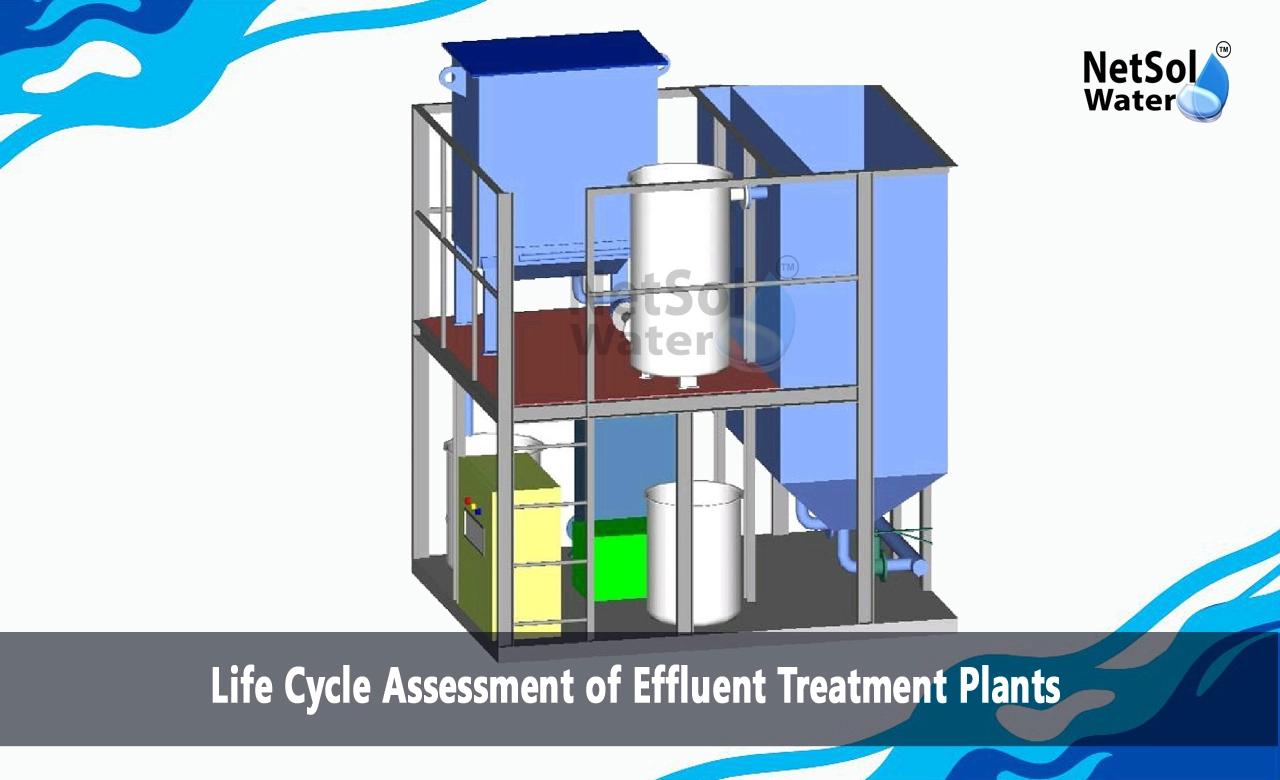Life Cycle Assessment of Effluent Treatment Plants
Effluent treatment plants are critical infrastructure that processes liquid wastes from various industrial operations before discharging treated effluents into the environment. While their role in pollution prevention is undeniable, these facilities themselves have environmental impacts throughout their life cycle, from construction to decommissioning. Quantifying and minimising such impacts has become increasingly important as industries transition towards sustainable practices. Life cycle assessment (LCA) provides a comprehensive methodology to evaluate the total environmental footprint of effluent treatment plants and guide efforts towards greener solutions.
The LCA Framework
LCA is a standardised technique that quantifies all relevant environmental inputs and outputs associated with a product or process over its entire life cycle - from raw material extraction, manufacturing, transportation, use phase and eventual disposal or recycling. For effluent plants, the system boundary is defined to include plant construction, operation over its service lifetime, maintenance/upgrades, and final decommissioning stages. Inventory data on resource/energy consumption and emissions is collected for each life stage.
Construction Stage Impacts
Even before operations commence, an effluent plant's construction phase involves environmental impacts like land-use change, habitat disruption and resource depletion from processing raw materials into steel, concrete, plastics etc. Energy-intensive manufacturing processes, alongside the transportation of heavy equipment, also contribute to emissions. However, modern design practices aim to reduce these upfront impacts through environmentally conscious material selection, leaner construction techniques and employing low embodied-energy materials where feasible.
Operational Energy Use
The most significant environmental impact during the use phase stems from the substantial energy demands of operating effluent treatment systems. Powering processes like aeration, pumping, chemical dosing and sludge handling require grid electricity produced from fossil fuel sources. This increases the plant's carbon footprint and other airborne emissions like particulates. Utilising more renewable energy sources and enhancing process energy efficiency are key mitigation strategies here. Energy recovery from biogas, heat pumps and optimised process control systems drive improvements.
Operational Resource Consumption
Effluent plants also consume other natural resources like treatment chemicals and water, which carry upstream sourcing impacts. For instance, polymers require petroleum refining, while chlorine production is energy-intensive. Transportation of bulk chemical supplies creates further emissions. Water inputs, although recycled within the plant, still utilise energy for pumping and treatment. Advanced oxidation, membrane filtration and catalytic processes aim to reduce chemical dependencies while enhancing water recycling rates.
Solid Waste Streams
Residual solid wastes like sewage sludge and concentrate brines are inevitable byproducts requiring further handling and disposal, which expands the effluent plant's environmental footprint. Landfilling creates leachate issues and greenhouse gas emissions, while incineration releases airborne pollutants. More sustainable end-of-life pathways include agricultural land application of treated biosolids as fertiliser and enhanced sludge drying/stabilisation techniques. Zero liquid discharge systems that recover salts and water minimise brine disposal volumes.
End-of-Life Decommissioning
When effluent treatment plants reach the end of their service life, impacts arise from decommissioning activities and dismantling of various components, some of which contain hazardous substances. However, recycling scrap metals, concrete, and other materials helps offset some of the embodied energy. Brownfield remediation and site restoration activities may be required based on the degree of environmental contamination. Decommissioning plans factoring in ecological rehabilitation are vital for ensuring long-term sustainability.
Conclusion
Life cycle assessment reveals the multitude of environmental impacts effluent treatment plants can have beyond just treating wastewater. From construction to decommissioning, each stage carries a footprint that must be quantified through robust LCA studies. This data guides investments in low-impact designs, renewable energy systems, efficient processes, and circular economy practices to minimise the environmental burden. As industries increasingly embrace sustainability goals, comprehensive LCA will play an important role in developing greener effluent management solutions over the entire facility lifecycle.
To explore customised commercial RO plants, Industrial RO plants, ETP or STP solutions for your needs in your areas and nearby regions, contact Netsol Water at:
Phone: +91-965-060-8473, Email: enquiry@netsolwater.com



